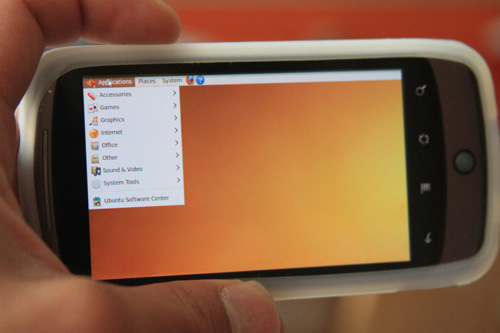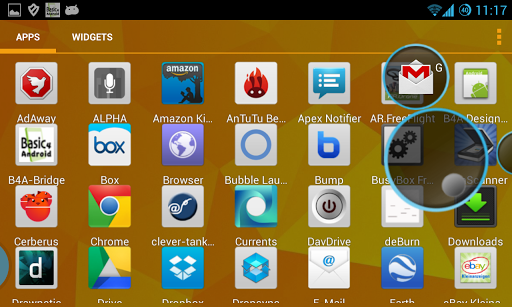
Mark Shuttleworth, Canonical founder, stated that he feels Android is the primary competitor and even took his comments a step further saying that Google’s purchase of Motorola Mobility has “[shaken] up the hardware vendors, so some of them are looking for non-Android alternatives.”
OEMs have tough choices. They can build their own operating system, such as what HP did for a while with webOS or work in a consortium. Consortiums can’t win. They can’t take a forceful, direct view with their products. The smartest OEM strategy is to play people off against each other. Thus, some OEMs want to have Ubuntu as a disruptive element. A strong Ubuntu can be both more co-operative with OEMs than a larger company and give them leverage with Google and Microsoft.
“An application for Ubuntu in the future will have multiple personalities. When it is running on a desktop computer, it will have a different personality from when it is running on a tablet,” Shuttleworth said. “From a developer point of view, there will be a phenomenal amount of coherency and reuse of the core capabilities on the application.”
We have already seen a number of clever developers out there port various version of Ubuntu to current Android handsets. Of course they were ports of the desktop version and not always the most user friendly ports around for fast past navigation. The project is most likely not going to see a viable version until April of 2014, according to Shuttleworth. The idea is still rather tempting. By then we will have plenty of hardware available for them to made it possible.
Anyone out there looking forward to seeing what will happen with Ubuntu in the mobile space?
Source: PCWorld









